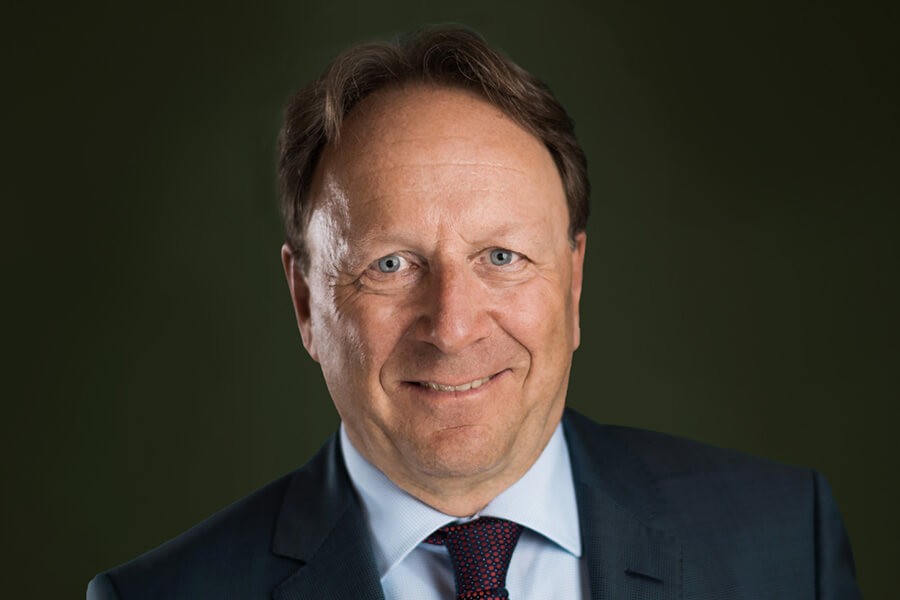Martin Enz on the new complexity in asset management, the lessons of the financial crisis and the success factors in his job.
Interview: Christian Graber
Mr. Enz, the financial crisis of 2008 is now more than ten years behind us. What has changed since then?
In many respects, the crisis year 2008 has redrawn the map of the financial sector. For example, private investors have painfully experienced that their assets are exposed not only to fluctuations on the financial markets, but also to liquidity and counterparty risks. On the other hand, governments and financial market authorities reacted to the upheavals in the financial system with an unprecedented frenzy of regulation.
And what does this mean for them as asset managers?
The way clients see things has changed fundamentally. Very wealthy private clients in particular are facing much greater challenges. Most clients are therefore no longer concerned solely with investment risks, but also with tax and legal risks, country and political risks, aspects of succession and inheritance planning or even possible lawsuits arising from business activities. Nowadays, comprehensive asset management requires absolute helicopter vision.
What does that mean in concrete terms?
It means taking into account all assets, including family businesses and shareholdings, real estate and, for example, art collections, and devising appropriate individual solutions – be it in the context of asset structuring or transfer. In this respect, the role of a family’s financial advisor is comparable to that of a company’s CFO.
Aren’t you overstrained as a financial advisor?
The demands on professional competence for integrated advice are indeed very high. However, as a consultant I don’t have to and cannot solve everything myself. Rather, the decisive factor is that I have access to an outstanding international network of specialists and can deploy them as the situation demands. This also means that I listen very carefully to the client and, in my interface function, ensure that the various experts – which are usually expensive – work effectively and efficiently in the client’s interests. This is where I see the decisive added value of a good family office.
How do you proceed in concrete terms in order to identify the respective needs?
Together with the client, we draw up an interpretation, a risk/return profile and try to point out critical aspects of the asset structure as early as possible. This enables us to determine his risk capacity, but also his subjective risk appetite. We also use simulations that show the performance of various portfolios over the last 15 years, for example. These show which risks (volatility, largest historical loss) the client would have taken on with which portfolio in which situation.
Is it as simple as that?
Of course, projections can turn out to be incorrect and are not the only indicator for the future. But they do give the client an understanding of the inherent risks of his portfolio allocation and are therefore a good basis for decision-making. In addition, in a comprehensive discussion, the client’s starting position and goals are recorded with all relevant facts. This can be time-consuming, but it pays off.
Quite a few consultants end up in a conflict between their own interests and those of their clients. How do you avoid this problem?
We deliberately avoid our own products and allow ourselves to be rewarded exclusively by the client. Where a consultant is remunerated by both the client and the respective product or service supplier, the conflict of interests is obvious. So-called performance fees must also be critically examined.
Why?
If, for example, the financial advisor participates in the profit made for the client from a certain minimum return of 20 percent, the interests are only seemingly aligned. This is because the advisor may be tempted to take excessive risks for the client; because although he or she benefits from the agreed minimum return, any losses are borne exclusively by the client.
In your opinion, what are the decisive success factors in advising very wealthy clients today?
For me, quite clearly the aforementioned helicopter capability. To be a contact point for a wide range of concerns. And of course absolute independence, transparency, diligence and continuity in advising. These are the most important prerequisites for me to generate sustainable added value for the client.
And last but not least: a good portion of modesty and the ability to listen well.

